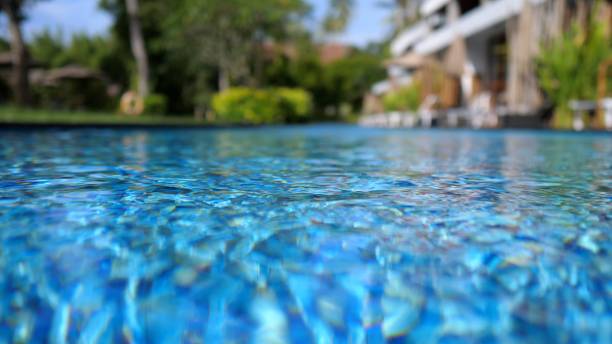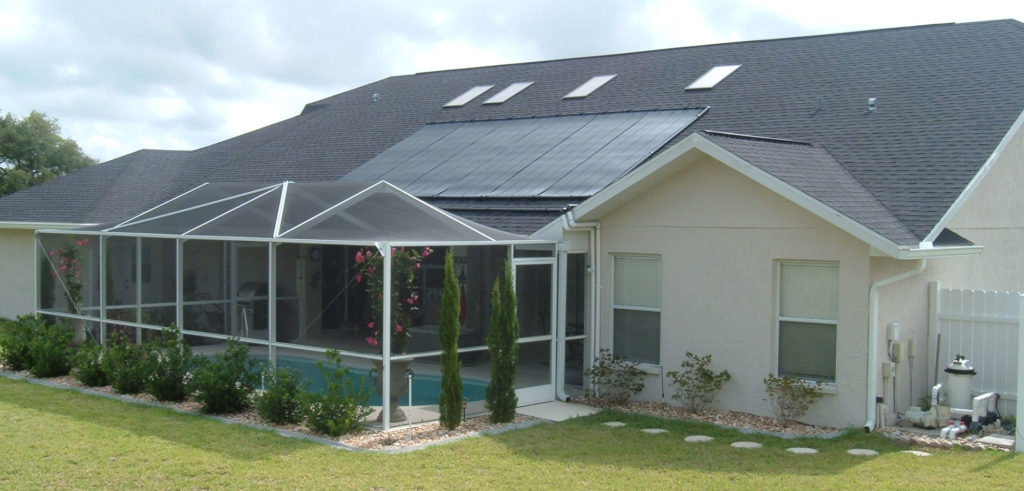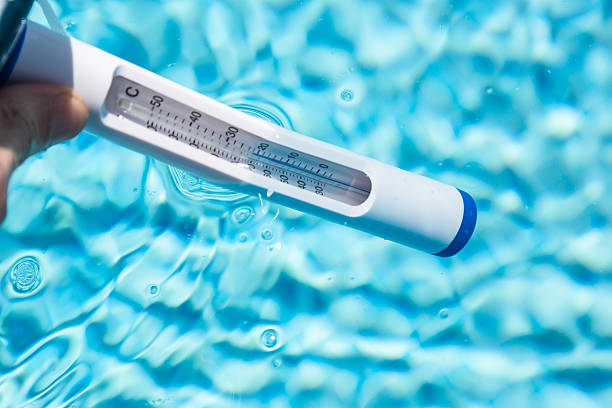Blog
How to Use a Pool Heater Safely
By Admin | Jul 21, 2020
How to Use a Pool Heater Safely
This piece is a swimming pool heater review, and a buying guide written by an industry professional to help you select the best pool heater for your swimming pool.
This information consists of models of pool heaters from Hayward, Pentair, Raypak, Rheem, Jandy, and Zodiac. You can also read the electric heat pump reviews page. If you are looking for information on solar heating, then read this article on how to install a solar pool heater. If you are here shopping for a new pool heater but are still not sure which size you should be looking at, we have everything you need to know.
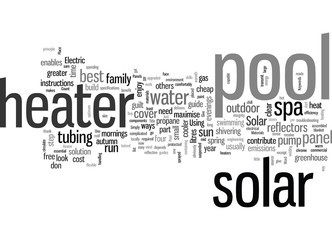
An average life expectancy for a pool heater is from 7-10 years though it is not rare to see heaters fail in less than 3 years.
When this happens to you as a pool owner, there is a strong predisposition to blame the manufacturer for producing a defective product. While the potential for a defective product is always possible, the reality is that chemical damage and improper installation are more prevalent than you might realize.
As a knowledgeable pool technician but also having experience working as technical support for a large pool equipment manufacturer, I have reviewed hundreds of failed heaters. In many cases, no warranty support was provided because of evidence of chemical damage associated with pH and chlorine imbalance and poor installation practices. As a pool proprietor with a failed heater, it is only natural to seek to assign blame that might lead to free replacement; however, the review process used for evaluating heater failure is typically very conclusive. Seeing hundreds of failed heaters, you see similar distinct failures time and again. Avoiding these critical areas of pool heater failure is sure to increase the lifetime you can expect to get from a new heater installation.
Common Causes for Heater Failure You Must Avoid
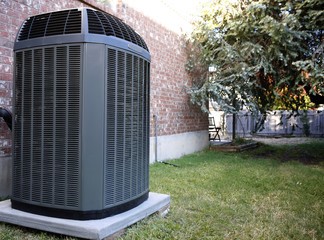
- Be sure that the covering of the heater is electrically bonded
- Saltwater chlorine generator is installed after the heater
- Check valve is installed between the chlorine generator (or erosion feeder) and the heater to avoid backflow
- Chlorine, pH and calcium hardness should be balanced at all times
The real frustration for pool owners comes from thinking that they have paid an expert to install a heater to find that their heater has failed from one of these reasons, and the manufacturer is refusing warranty. The problem is that not each pool guy knows this information regarding what can make a heater fail or cause a manufacturer to deny warranty coverage. The area that I work in has the largest concentration of inground pools in the nation, and still, 8 out of 10 heater installations I see have at least one of the shortages listed above. As the pool owner and responsible for paying for the pool tool and maintenance, you require to educate yourself and verify that your heater is installed properly.
Resources and References:
Contact us today
We’re here to help you! Contact our support line during business hours (8am-4pm ET)

